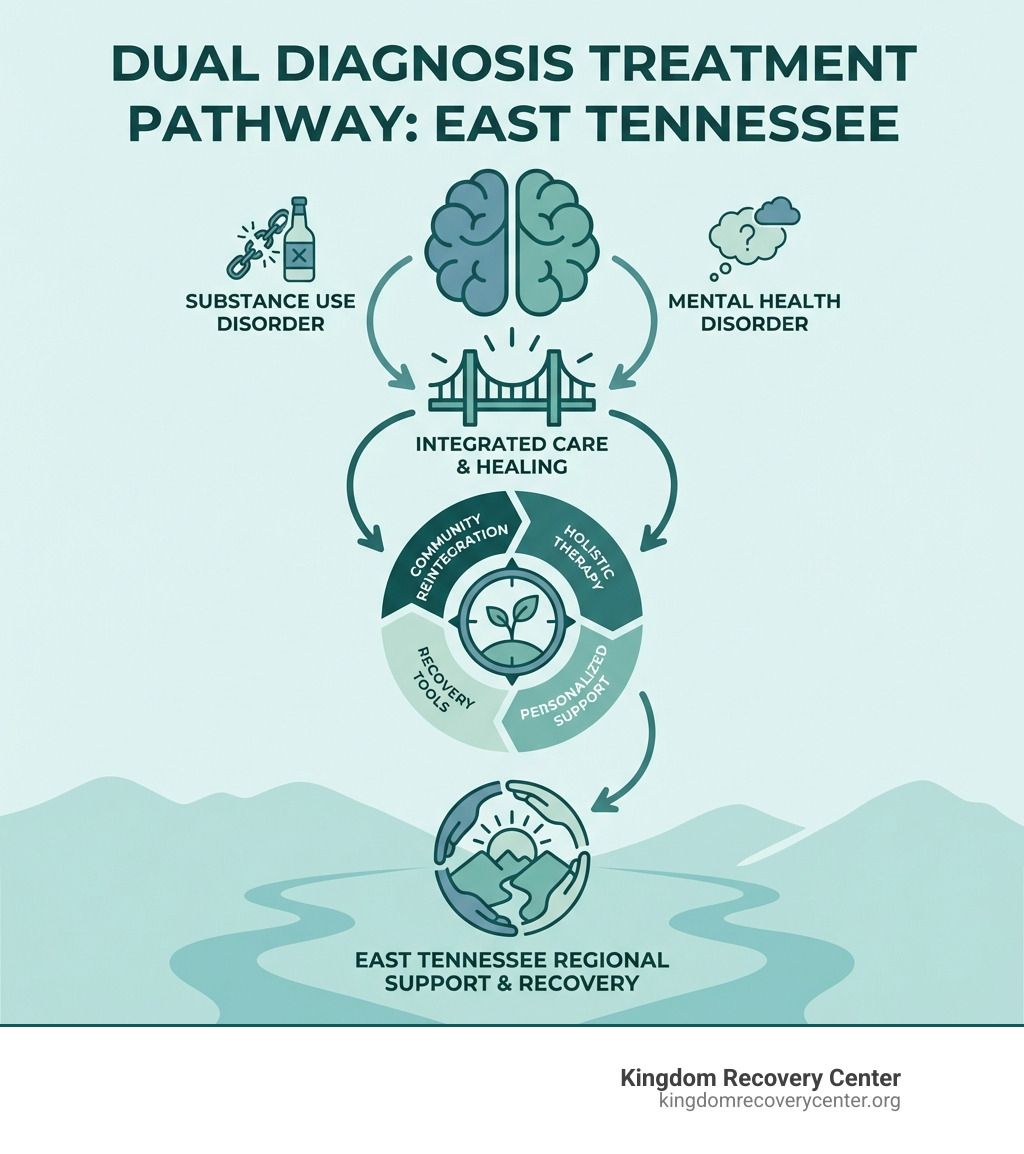
Addiction and mental health disorders often go hand-in-hand, interweaving to create a cycle that is difficult to break without professional intervention. One particularly challenging combination is the link between addiction and panic disorders. Panic disorders are a type of anxiety disorder characterized by recurrent episodes of intense fear and physical discomfort, often leading individuals to seek relief through unhealthy coping mechanisms. For many, addiction becomes the unintended consequence as substances are used as a temporary escape from panic symptoms.
At Kingdom Recovery Center, we specialize in treating co-occurring disorders, recognizing the profound connection between addiction and panic disorders. In this blog post, we’ll explore how panic disorders contribute to substance abuse, the dangers of self-medication, and how integrated treatment can lead to lasting recovery.
What Are Panic Disorders?
Panic disorders are classified under anxiety disorders and involve recurring episodes of extreme fear, often referred to as panic attacks. These episodes may strike suddenly and without warning, bringing about intense physical and emotional symptoms, such as:
- Chest pain or tightness.
- Sweating or chills.
- Racing heartbeats (tachycardia).
- Shortness of breath or hyperventilation.
- Dizziness or disorientation.
- A fear of losing control or dying.
While panic attacks typically last between 5 to 20 minutes, the fear of experiencing another attack can lead to long-term anxiety and avoidance behaviors, such as withdrawing from social situations or refusing to leave home. This overwhelming feeling drives many individuals with panic disorders to seek relief—sometimes leading to substance use and eventual addiction.
How Common Are Co-Occurring Panic Disorders and Addiction?
The connection between panic disorders and addiction is more prevalent than many realize. According to data published by the National Institute on Drug Abuse (NIDA), individuals with an anxiety disorder like panic disorder are twice as likely to develop a substance use disorder compared to those without anxiety. Source: NIDA.
This overlap highlights the importance of addressing both conditions simultaneously in treatment. Focusing only on addiction—or only on the underlying anxiety—often leaves individuals vulnerable to relapse or worsening symptoms.
The Link Between Panic Disorders and Addiction
Panic disorders can result in extreme psychological distress, leading individuals to search for ways to manage their symptoms. Unfortunately, drugs and alcohol often become a solution for coping with the debilitating effects of panic attacks.
1. Using Substances to Self-Medicate
It is not uncommon for individuals with panic disorders to self-medicate with substances that seem to temporarily alleviate anxiety symptoms. Common examples include:
- Alcohol: Many use alcohol to calm racing thoughts and ease the physical tension caused by panic episodes due to its sedative effects.
- Benzodiazepines: Medications such as Xanax or Valium may be misused to reduce acute panic symptoms.
- Stimulants: Some turn to stimulants like cocaine or amphetamines to regain focus and energy after experiencing fatigue from repeated panic attacks.
While these substances might provide temporary relief, they only mask symptoms while increasing the risk of dependency. Over time, individuals may require higher doses to achieve the same effect, leading to addiction.
2. How Addiction Exacerbates Panic Disorders
Ironically, while substances initially seem helpful at minimizing anxiety, dependency often worsens panic disorder symptoms. When addiction takes hold, substances alter the brain’s natural chemistry, increasing susceptibility to anxiety and panic. For example:
- Stimulants such as cocaine or meth can lead to paranoia and anxiety during withdrawal, triggering increased panic attacks.
- Alcohol disrupts the production of serotonin and other neurotransmitters, making anxiety symptoms more severe once the alcohol wears off.
- Opioids may heighten sensitivity to stress during withdrawal, further aggravating underlying panic symptoms.
Over time, substance abuse creates a vicious cycle where panic symptoms worsen, leading to deeper dependency on the substances being misused.
3. Shared Risk Factors
Addiction and panic disorders share many of the same risk factors, further intertwining their relationship. Key shared risk factors include:
- Genetics: A family history of panic disorders or substance abuse can increase vulnerability to both conditions.
- Trauma: Experiencing traumatic events such as abuse, neglect, or violence can trigger both addiction and panic disorders.
- Stress Environment: High-pressure jobs, financial insecurity, or difficult relationships often contribute to the onset of panic attacks and unhealthy coping mechanisms.
- Brain Chemistry: Chemical imbalances involving serotonin, dopamine, and GABA can predispose individuals to both conditions.
For individuals struggling with these risk factors, professional care is often the only way to break the cycle of addiction and anxiety.
How Panic Disorders Impact Recovery from Addiction
When panic disorders coexist with substance abuse, they complicate recovery. Untreated panic attacks or anxiety symptoms often result in:
- Higher Risk of Relapse: Unaddressed panic symptoms can lead individuals to return to substance use for relief.
- Difficulty Managing Triggers: Panic disorders heighten sensitivity to stressful situations, making it harder to remain sober during recovery.
- Emotional Strain: Panic disorders can worsen feelings of guilt, shame, or hopelessness, common among those recovering from addiction.
This underscores the importance of dual diagnosis treatment, which tackles both addiction and panic disorders in a comprehensive way.
Why Is Integrated Treatment Essential?
Individuals suffering from both panic disorders and addiction require treatment that addresses the full scope of their condition. Integrated care focuses on simultaneous attention to mental health and substance dependency, rather than treating them in isolation.
1. Evidence-Based Treatment Approaches
At Kingdom Recovery Center, we implement evidence-based methods proven effective for tackling co-occurring disorders like panic disorders and addiction. Commonly used therapies include:
- Cognitive Behavioral Therapy (CBT): Helps clients identify negative thought patterns fueling panic attacks and addictive behavior, replacing them with healthier coping strategies.
- Dialectical Behavior Therapy (DBT) teaches emotional regulation and stress management skills, which are particularly helpful for individuals facing panic episodes.
- Exposure Therapy: Gradual exposure to panic triggers helps desensitize individuals and reduce avoidance behaviors.
2. Medical Care for Physical and Emotional Stability
Addiction recovery often involves a detox phase, during which withdrawal symptoms can intensify panic disorder symptoms. At Kingdom Recovery Center, we offer medical detoxification services overseen by professionals to ensure your comfort and safety during this challenging period.
Medications may also be prescribed to manage both conditions, such as medications for anxiety alongside addiction-specific treatments like methadone or Suboxone.
3. Holistic Therapies
Many clients benefit from holistic options that address the emotional and physical toll of co-occurring disorders. Examples include:
- Meditation: Promotes relaxation and reduces the frequency of panic attacks.
- Yoga: Combines physical movement with mindfulness for emotional balance.
- Art Therapy: Provides a creative outlet for expressing emotions tied to addiction and panic.
4. Long-Term Support
Recovery is an ongoing journey, and long-term care is essential for addressing both addiction and panic disorders. At Kingdom Recovery Center, we tailor our aftercare plans to include individual therapy, support groups, and relapse prevention strategies specifically designed to meet each client’s unique needs.
Breaking the Cycle of Addiction and Panic Disorders
While addiction and panic disorders are deeply intertwined, recovery is possible with the right combination of care and support. Dual diagnosis treatment enables individuals to not only break free from substance abuse but also gain relief from crippling panic symptoms, empowering them to rebuild their lives.
Statistics on Co-Occurring Disorders
Studies show that approximately 20% of individuals with substance use disorders also suffer from anxiety disorders, including panic disorder. This emphasizes the need for tailored care designed for co-occurring mental health challenges. Source: NIDA.
Why Choose Kingdom Recovery Center for Dual Diagnosis Care?
At Kingdom Recovery Center, we know that successful treatment requires tackling addiction and mental health together. Our Morristown, TN-based rehab programs combine evidence-based therapy, medical detox, and holistic care to ensure individuals with co-occurring disorders receive the support they need.
Every recovery plan is personalized to address the unique challenges posed by addiction and panic disorders, allowing each client to regain strength, coping skills, and long-term freedom from substances.
Take the First Step Toward Recovery
If you or a loved one is struggling with addiction and panic disorders, Kingdom Recovery Center is here to help. Contact us today visit our website to schedule your free consultation. Let us guide you toward a brighter, healthier future—free from the chains of addiction and crippling anxiety. Recovery begins here!



